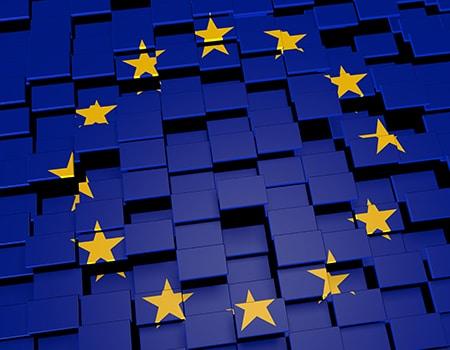Is More Flexibility a Response to the Post COVID-19 Europe?

It is way too early to try to predict which way things will go, but it is useful to start thinking about the potential implications of various directions.
The COVID-19 pandemic has changed the world in ways that were unimaginable just a few months ago. EU solidarity, which should be the main pillar of cooperation, has been questioned again. While some prophesy the end of the European Union, others like France and Germany in their recent initiative for European recovery after the coronavirus crisis, say that Europe will come out of it stronger than before.
Given the uncertainty surrounding the current crisis, it is way too early to try to predict which way things will go but it is useful to start thinking about the potential implications of various directions now. Is, for example, a more “flexible” EU a solution to the problems it is facing? Even more importantly, how can it benefit from the flexibility and faster action, without triggering the irreversible fragmentation that would lead to disunity?
The recent GLOBSEC report suggests that there is no clear answer on whether differentiated cooperation is a panacea or a poison.
For some EU member states, it is a vehicle for overcoming deadlock, with integration among some countries preferred over the alternative standstill for all. They argue that differentiated cooperation isn’t breaking the EU but rather enabling it to survive. There is a group of member states, on the other hand, that claim that flexible cooperation threatens to deepen the already apparent divides (East/West or euro/non-eurozone member states) and may eventually lead to the disintegration of the EU (Brexit being only the beginning of the process).
According to the recent GLOBSEC expert poll, however, taking instrumental and transactional approaches, the majority of EU member states have indicated an openness towards differentiated cooperation if it can help fulfil national interests and provide freedom to participate in specific initiatives on a case by case basis. The expert consensus reveals a recognition that an EU of multiple speeds already exists.
In fact, among existing categories and mechanisms for differentiated cooperation included in the Treaty on the Functioning of the European Union, the EU member states that have proven most open to the different flexible modes of cooperation on offer include Austria, Belgium, France, Germany, Italy, Portugal and Slovenia. Conversely, the group of least engaged member states include Croatia, Denmark, Ireland and Poland.
The most popular formats are Permanent Structured Cooperation in Defence and Security Policy (PESCO) and the European Unitary Patent (25 participating countries in each). They are followed by the Schengen zone and the European Public Prosecutor's Office (EPPO) which each attract 22 member states. The eurozone (19 member states), Property Regimes Rules for International Couples (18 member states) and Divorce Law (17 member states) follow.
The poll confirms the above-mentioned areas and the prominent examples most frequently highlighted by experts include, first and foremost the Schengen zone and the eurozone. But, also the recently developed Permanent Structured Cooperation (PESCO) and European Public Prosecutor's Office (EPPO). Despite being accepted in the above-mentioned policy areas, there are two policy spheres where a multi-speed Europe is not viable. These include the EU’s core commitments on the rule of law and democratic principles and migration policy, according to our expert poll.
Despite these divergent views, today even more than before the COVID-19 crisis, member states will be faced with reconciling the preservation of the EU’s unity with allowing member states who want to do more, to do more. It seems that the question now will be, what will this process look like? Will it happen through the means of existing instruments of flexible cooperation or through informal and ad-hoc coalitions?
GLOBSEC expert poll was conducted between 16 February 2020 and 16 April 2020 among experts from all EU Member States (one per country). The expert group was comprised of representatives from think tanks, academia and civil society organizations who shared their views on their respective countries’ attitude towards multi-speed cooperation in the EU. Questions posed to respondents included: what vision does your country have when it comes to the potential of flexible modes of cooperation in the EU?; do you agree that for Europe to be powerful, it has to become flexible and, therefore (if necessary), move at different speeds and different levels?; and how much and where is differentiation necessary, sustainable and acceptable and in which policy areas?
GLOBSEC expert poll forms part of the report “Making Flexible Europe Work?: European Governance and the Potential of Differentiated Cooperation”, which is the result of GLOBSEC DIFF GOV – “European Governance: Potential of Differentiated Cooperation”. DIFF GOV is an international project that explores the potential for flexible modes of cooperation between European Union Member States and was implemented between 2018 and 2020. This project is implemented with the support of the Erasmus+ Programme of the European Union.
The European Commission support for the production of this publication does not constitute an endorsement of the contents which reflects the views only of the authors, and the Commission cannot be held responsible for any use which may be made of the information contained therein. All of the views expressed in the expert poll are of the contributing authors thus do not necessarily represent the official position of GLOBSEC.
This article was originally published on the Slovak Spectator website on 29 May 2020
